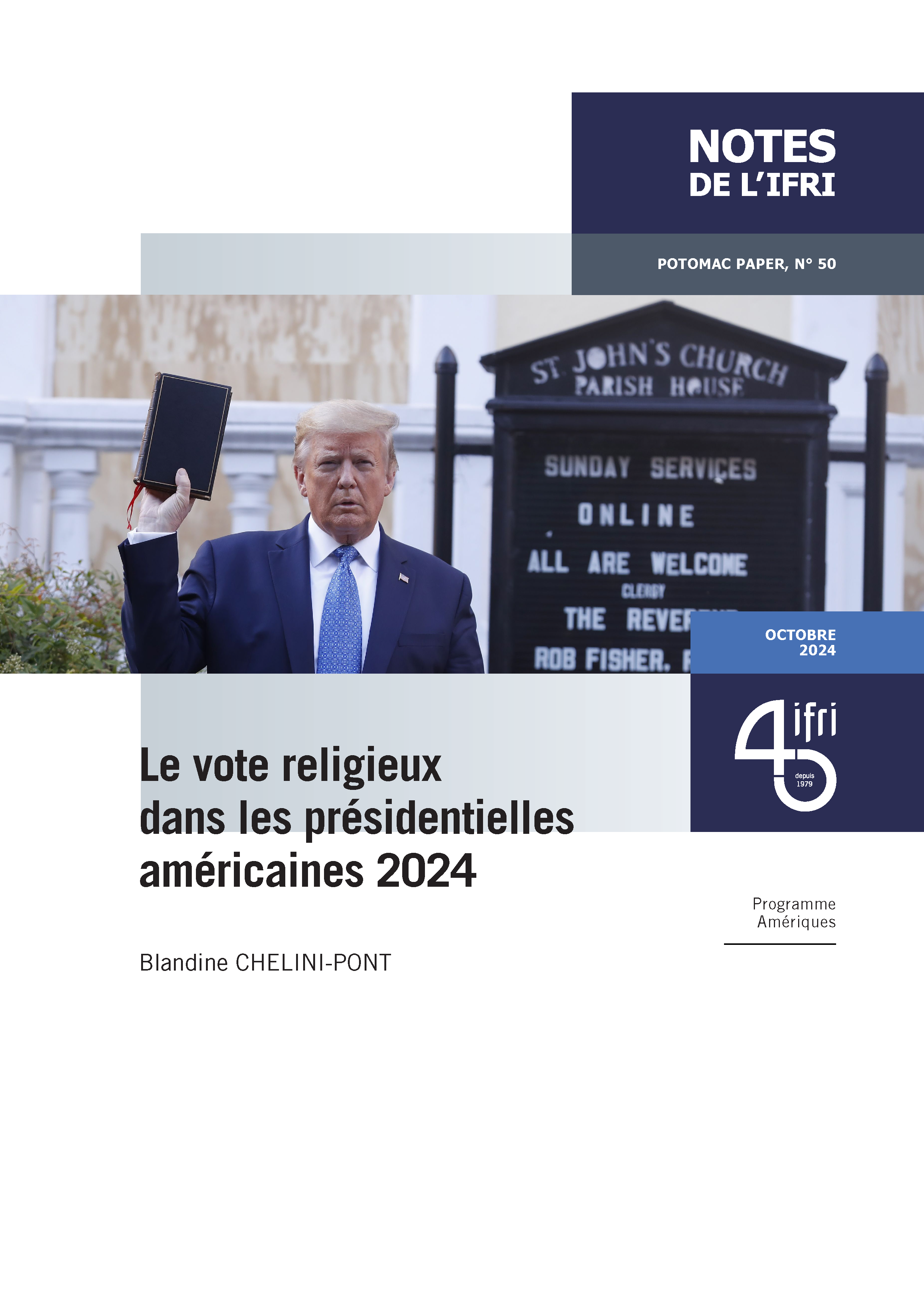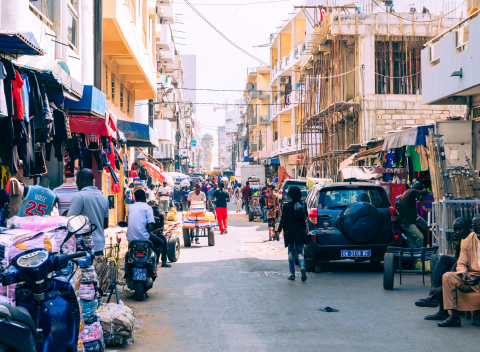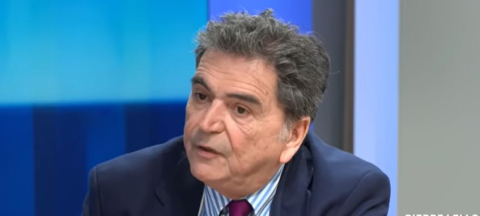
Informations pratiques
Thématiques et régions
Centres et programmes liés
Les inscriptions pour cet événement sont closes.
En savoir plus sur nos programmes de soutienSeminar of the Center for Energy with Jean-Pierre Favennec, Professor, IFP Énergies nouvelles, Consultant, WD Cooperation and Fair Links, David Ramin Jalilvand, Research Fellow, Center for Caspian Region Studies, Freïe Universität Berlin, Majid Rafizadeh, President ot the International American Council, on the Middle East, Harvard University, Jamie Webster, Senior Director, IHS, Maïté de Boncourt, Research Fellow, Center for Energy, Ifri
Chaired by Marie-Claire Aoun, Director, Centre for Energy, Ifri
Iran holds the world's second largest proven gas reserves and fourth largest proven oil reserves. The country’s presence on global energy markets started diminishing following the 1979 revolution, and reduced further after US and EU sanctions were put on its energy and related (financial and insurance) sectors, due to Iran’s nuclear activities and the inherent risk of proliferation. Sanctions have been damaging, but they are not the only cause of the country's bumpy oil and gas production and export development path. Major domestic reforms are needed for the country to recover its role on global markets, but also to sustain its economy. As talks on Iran’s nuclear program are resumed, and should they lead to an international agreement, the path to regional and global energy markets may take longer than it first appears.
This conference will touch on different aspects of Iran's situation, looking at the current conditions and the prospects for further development of the oil and gas sectors, as well as the inherent domestic politics and geopolitical challenges which will first need to be overcome
Sujets liés
Autres événements
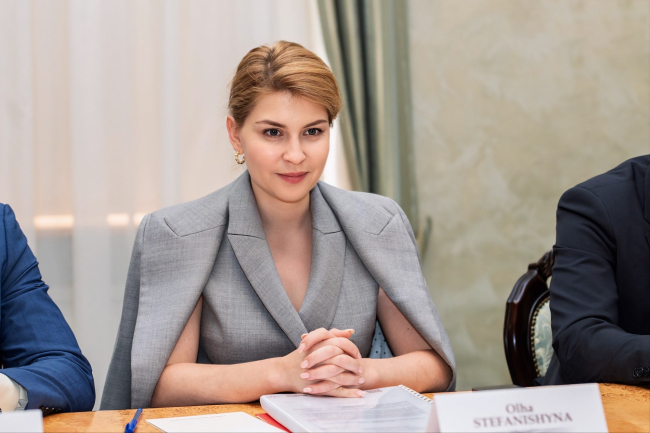
Entre guerre et réformes : quelles perspectives d’adhésion de l’Ukraine à l’UE et à l’OTAN ?
Conversation exclusive avec Olha Stefanishyna, vice-Première ministre d’Ukraine pour l’intégration européenne et euro-atlantique et ministre de la Justice.

Moyen-Orient : quel équilibre des forces ?
Après l'attaque du 7 octobre 2023, les réactions et les ambitions stratégiques des principaux acteurs – Israël, Hamas, Hezbollah - et de leurs alliés respectifs, au premier rang les Etats-Unis et l’Iran, exacerbent les tensions.
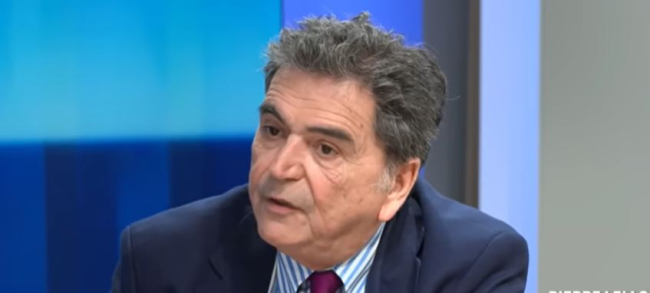
Petit-déjeuner débat avec Pierre Lellouche, ancien ministre, membre du Conseil stratégique de l'Ifri
Échange autour du livre de Pierre Lellouche "Engrenages. La guerre d'Ukraine et le basculement du monde", Paris, Odile Jacob, 2024.
Débat présidé par Thierry de Montbrial, président de l'Ifri, membre de l'Académie des Sciences morales et politiques


